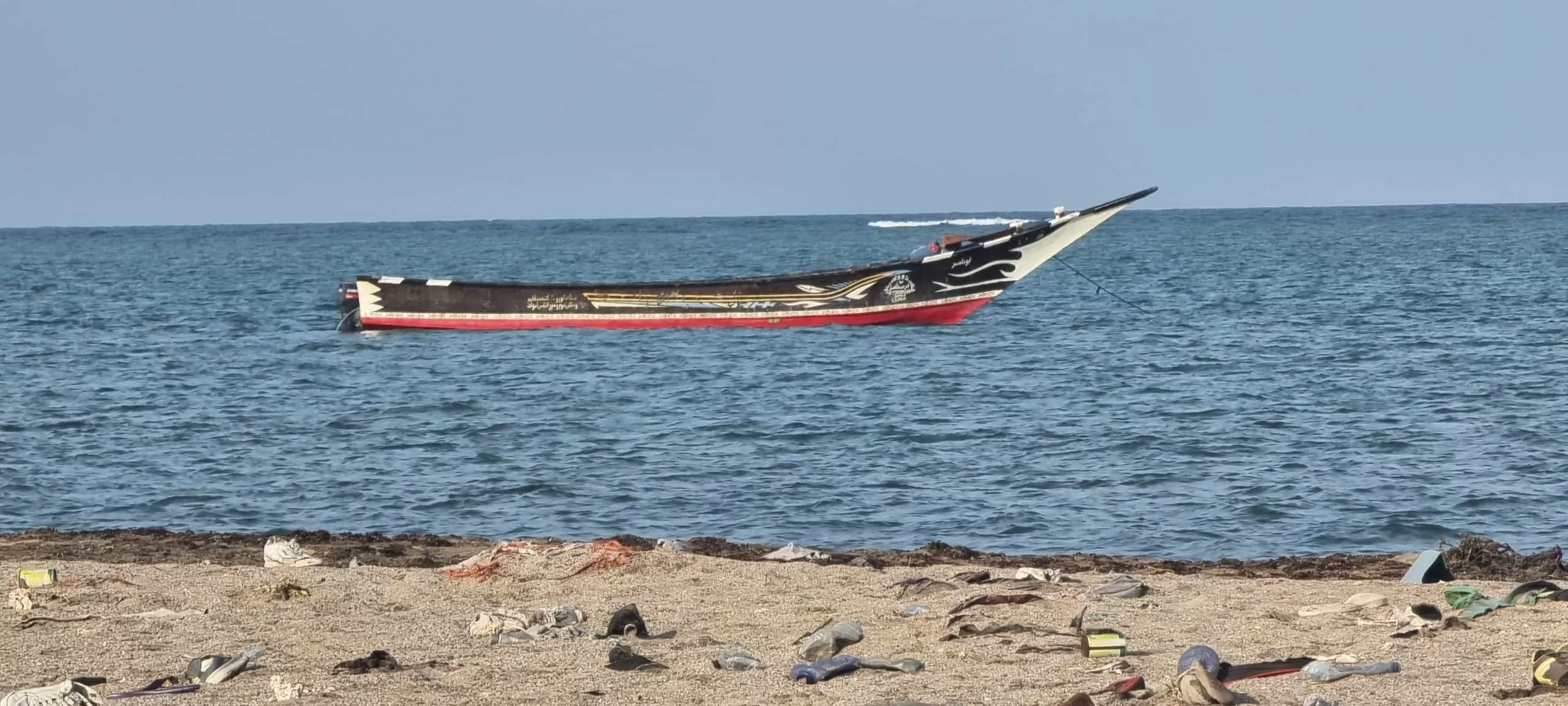At least 45 people were killed on Tuesday after two migrant boats sank in the Red Sea off the coast of Djibouti, the United Nations migration agency reported.
According to reports, the boats had departed from Obock, a small port town in northeastern Djibouti, carrying a total of 190 migrants from Ethiopia and Somalia. The overcrowded boats were headed towards Yemen, where many migrants from the Horn of Africa often hope to find work and opportunities. However, disaster struck when the boats capsized, resulting in the tragic loss of lives.
The International Organization for Migration (IOM) reported that 16 bodies were recovered and 37 people were rescued by the Djibouti coast guard. The remaining 137 migrants are still missing and feared dead.
This devastating incident is yet another reminder of the risks and dangers faced by migrants in search of a better life. Many migrants from Ethiopia and Somalia embark on perilous journeys, risking their lives in the hope of finding jobs and opportunities in other countries. The treacherous waters of the Red Sea have claimed the lives of many migrants, and this recent tragedy serves as a stark reminder of the urgent need for safer migration routes and better protection for vulnerable migrants.
The IOM has been working tirelessly to provide assistance and support to the survivors of the boat sinking. The survivors were taken to a nearby reception centre, where they received medical care and other essential services. The IOM is also providing medical and psychosocial support to the survivors, who have undoubtedly been traumatized by the horrific event.
The IOM’s Director General, António Vitorino, expressed his sadness and condolences to the families and loved ones of the victims. He also emphasized the need for increased efforts to prevent such tragedies from occurring in the future. “This tragic incident highlights the extreme risks that migrants face on their journeys,” he said. “We must do all we can to prevent such senseless loss of life and ensure that migrants are protected and their rights are respected.”
The IOM has been working closely with the government of Djibouti to address the challenges faced by migrants in the country. Djibouti, located on the Horn of Africa, is a major transit point for migrants traveling from the region to other countries. The government has taken important steps towards providing protection and assistance to migrants, including passing a law on the rights and duties of migrants in 2017.
The United Nations has also called for increased efforts to address the root causes of migration, such as poverty, conflict, and lack of opportunities. The international community must work together to create a more inclusive and equitable world where all individuals have the chance to build a better future for themselves and their families.
In the wake of this tragic incident, it is important to remember that migrants are not just numbers or statistics, but human beings with hopes, dreams, and aspirations. The loss of 45 lives is a heartbreaking tragedy that should serve as a wake-up call for all of us to do more to protect and support those who are forced to leave their homes in search of a better life.
Let us honor the lives of those who perished in this tragedy by working towards a world where all individuals are treated with dignity and respect, regardless of their nationality or status. Let us stand in solidarity with the survivors and all migrants who continue to face unimaginable challenges in their journey towards a better life. Together, we can create a safer and more just world for all.





![Complete BritRail Pass Guide [Types, How to Use It, Pros + Cons]](https://inside-news.uk/wp-content/uploads/2025/06/00221EB4-BCA2-4DBB-6CD4-83DBC37D71FA-120x86.webp)
















